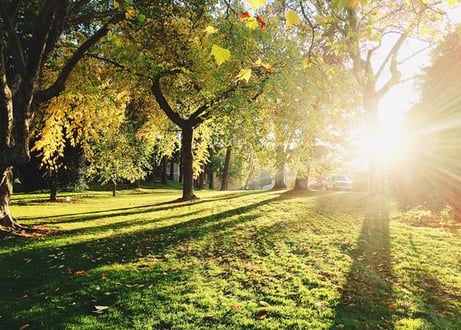Know the Risks: Skin Cancer in Tasmania
 Tasmanians often assume that they are at lower risk of sunburn and skin cancer because the temperature is not as hot as the mainland states.
Tasmanians often assume that they are at lower risk of sunburn and skin cancer because the temperature is not as hot as the mainland states.
This is incorrect. The Tasmanian air is clear and non-polluted, so the sun’s harmful ultraviolet light can be as strong as on the mainland. It is the ultraviolet light (not sunlight or heat) that causes sun burn, skin damage and cancer, so skin will burn even if the weather is cool.
Tasmania has seen a rise in melanoma diagnoses over the past 10 years, together with an Australia-wide increase in the incidence of basal and squamous cell carcinomas. There will be about 14,000 new cases of melanoma in Australia this year.
No matter the season, temperature or degree of cloud cover, it is important to adhere to the Sun Smart message of slip on a shirt, slop on SPF30+ sunscreen, slap on a hat, seek shade, and slide on sunglasses whenever you go outdoors.
You have the best chance of being successfully treated and cured of skin cancer if the tumour is detected early. Monitor your own skin by checking it every three months, and ask a loved one to look at the areas you cannot see, like the back of your scalp. Get to know your skin so you are aware of any new, changing or strange moles. Sixty percent of melanomas are first detected by you or your loved one, not by a doctor.
Maintain your peace of mind by getting an annual skin check from a doctor who has undertaken postgraduate training in skin cancer medicine. Always check with your doctor if you are unsure about a skin spot, and consider asking about photodynamic therapy if you have multiple solar keratoses, severely sun damaged skin, or a history of recurrent skin cancers.
You are at added risk of skin cancer (and might require skin checks every six months) if you are a transplant patient, taking immunosuppressants or chemotherapy, have Parkinson’s disease, have a personal or family history of melanoma, or have fair skin, light hair or light eyes. If you have ever used a tanning bed, your risk of cancer is 20 percent higher.
